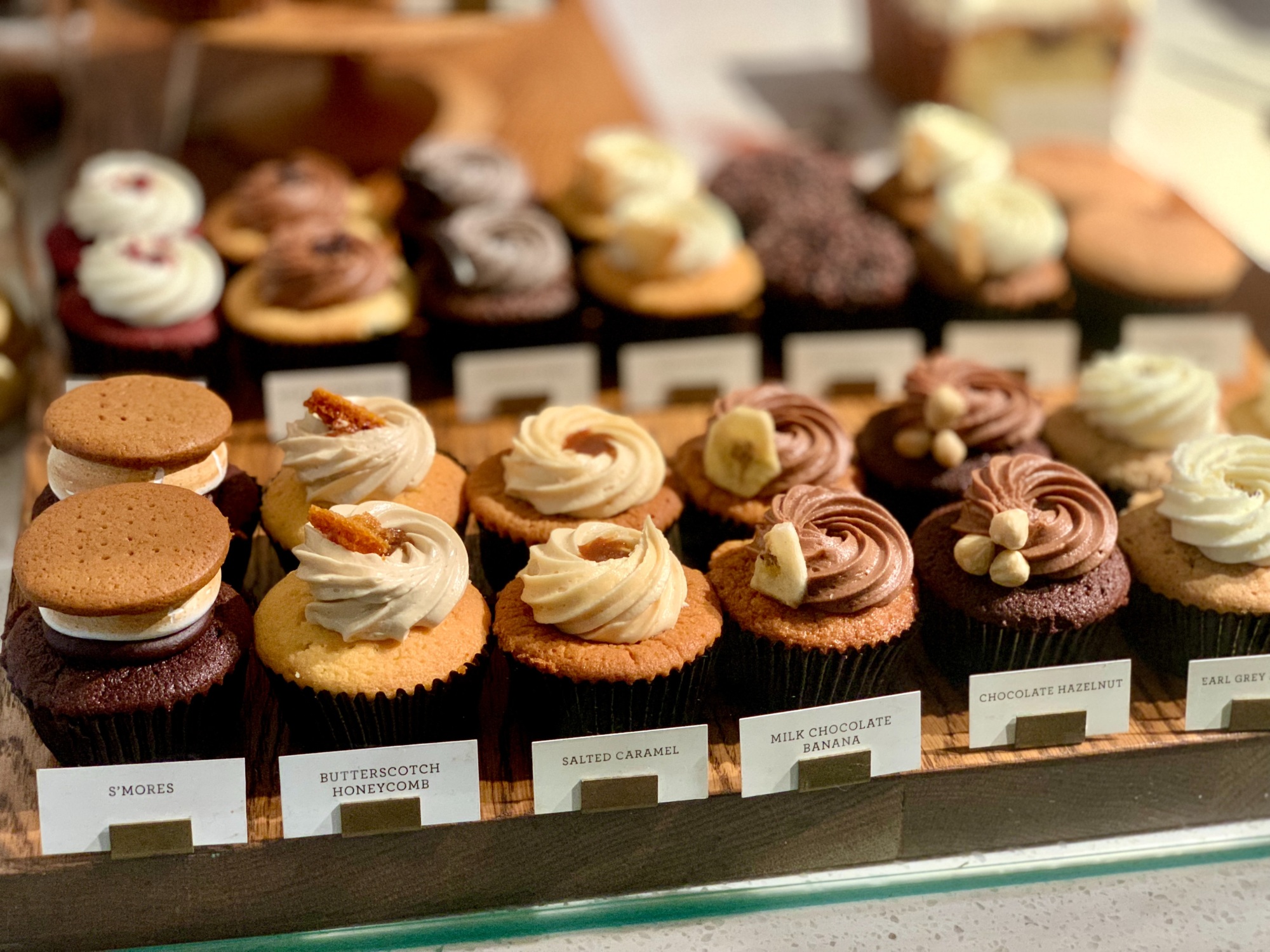
The Winning M&A Advisor [Vol. 1, Issue 5]
Welcome to the latest issue of The Winning M&A Advisor, the Axial publication that anonymously unpacks data, fees, and terms…
A recent survey of 2,000 Americans revealed that 37% of respondents ate more baked goods in the year 2020 than they did in previous years. “We found that people look for comfort in challenging times and will spend money on small indulgences like pastries, donuts and chocolate,” says Michael Vann, President at M&A Advisory firm The Vann Group.
Middle Market Review recently sat down with Michael to hear more about his experience advising a sweets manufacturer during the pandemic, culminating in a successful transaction earlier this year.
MMR: Michael, thank you so much for sitting down with Middle Market Review. Tell us about The Vann Group.
MV: Sure, thank you for having me. Vann Group is a second generation, family owned strategic consulting and transactional advisory services firm that works with the owners of privately held lower middle market businesses. We help those businesses lay the foundation for scalability and continuity, allowing our clients to grow in a way that will maximize their business’s personal and professional value. We also work to build companies that will survive without the owner, a core attribute of sustainable businesses and successful exit strategies.
MMR: You represented a multi-generational owned sweet goods manufacturer back in February. When and how did you first get in touch with the company and what were their transactional goals when you first met?
MV: We were introduced by a partner of ours who was engaged by the company to assist them with their succession/transition planning. As a multi-generational family business, it was very important to them that the company transition to someone who would preserve the family legacy and continue its commitment to the community and its employees.
We were engaged in the summer of 2019 and started marketing the company in the fall. We initially looked to see if there was an interest in strategic investors but when that path didn’t generate the interest we were looking for, we started focusing our efforts on groups that would be looking to invest and hold the company for the long-term.
MMR: How was running the transaction process during Covid and what impact (if any) did the pandemic have on the process?
MV: It was stressful. We were pretty far along with an LOI with a buyer when the pandemic hit. Discussions continued through the “15 days” but once it became clear that the impact was going to be substantial, the process shut down for about 6-8 weeks. It certainly slowed the process down.
MMR: Were the terms of the final deal unique at all because of the market conditions at that time?
MV: Amazingly enough, the answer is no. The investors, who we connected with through the Axial platform, clearly understood that the situation was temporary. Once they started to see the numbers begin to recover, they didn’t push for concessions. The investors were very professional, conscientious, and had a tremendous level of respect for the seller and the fact that they were accepting a controlling growth investment in the family business. They were the perfect partners for the Company.
MMR: In your experience, were food & beverage transactions easier or tougher to get done during Covid and why?
MV: I don’t think I would say it was easier or harder. I think the interesting takeaway was that the pandemic allowed the company to demonstrate that it was recession resistant. We found that people look for comfort in challenging times and will spend money on small indulgences like comfort foods.
